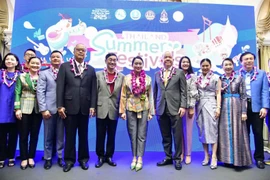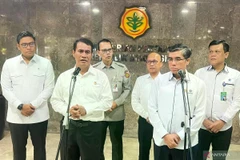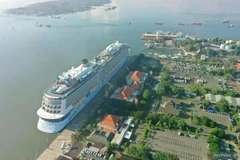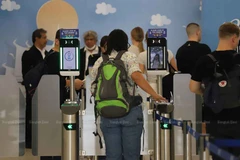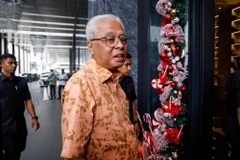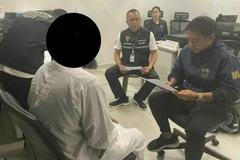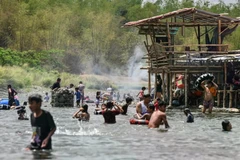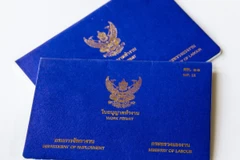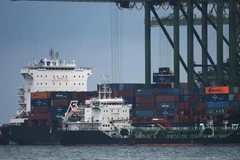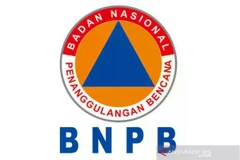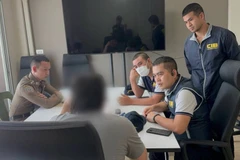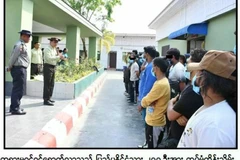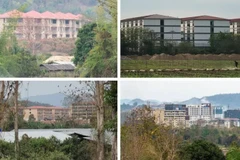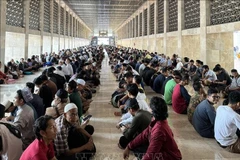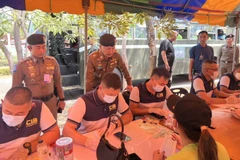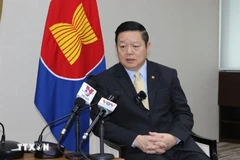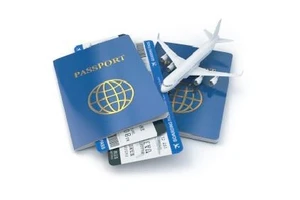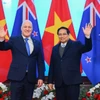Bangkok (NNT/VNA) - Thai Prime Minister Paetongtarn Shinawatra has delivered a keynote speech at the Global Soft Power Talk: The New Rules of Soft Power, presenting the country’s ambition to redefine its global role through creativity, culture, and innovation.
The PM discussed Thailand’s transition from being known primarily as the "Land of Smiles" and a tourist destination to becoming a leader in Soft Power-driven industries. She also extended an invitation to international investors, encouraging long-term partnerships that contribute to a sustainable and stable creative economy.
The event, co-organised by the Thailand Creative Content Agency (THACCA) and Melco Resorts & Entertainment, welcomed experts from various creative fields, including Alain Ducasse, Mathieu Lehanneur, Viviana Muscettola, Giuliano Peparini, Richard Christiansen, and other industry leaders, recognising their contributions in sharing expertise and perspectives that align with Thailand’s Soft Power strategy.
Paetongtarn underscored the role of Soft Power as a driving force in economic growth, social development, and global influence. She stressed that Soft Power extends beyond cultural appeal, serving as a mechanism for job creation, investment attraction, and economic expansion. To strengthen Thailand’s position in global creative industries, its government has established the National Soft Power Strategy Committee, which focuses on 13 key sectors, including tourism, cuisine, film and television, fashion, festivals, sports, music, arts, design, gaming, literature, wellness and healthcare, and performing arts.
Recognising that these industries rely on skilled professionals, the Thai government has launched the "One Family, One Soft Power" (OFOS) programme to train 20 million Thais in specialised skills by 2027. More than 100 training courses are being offered at no cost, covering areas such as hospitality, creative industries, digital media, design, and wellness.
Paertongtarn addressed Thailand’s longstanding reputation as the “Kitchen of the World,” with Thai cuisine recognised worldwide for its rich flavours, health benefits, and cultural significance. She stressed the need to move beyond food exports by transforming Thai cuisine into a global brand associated with nutritional science, sustainability, and health-conscious dining. The government is supporting this effort by integrating new agricultural technologies, AI-driven supply chains, and blockchain transparency to ensure food quality and traceability.
Thailand is also emerging as a leader in health and wellness, combining traditional healing practices with modern medical innovation. The country offers a broad range of healthcare services, from Thai massage and holistic treatments to cutting-edge medical technology, at competitive prices.
Thailand’s film, performing arts, and music industries are rapidly expanding, with the country gaining recognition as a production hub for international content. The Thai gaming industry is also making strides in the global market. However, the PM stressed that creativity alone is not enough; strategic marketing, branding, and international partnerships are essential for long-term growth. The role of THACCA in bridging the government, private sector, and global investors was highlighted as a key element in ensuring the stability of Thailand’s creative industries.
To encourage international investment, Paetongtarn invited global businesses to be part of Thailand’s Soft Power transformation. She positioned Thailand as a country where tradition meets innovation, creativity meets opportunity, and culture drives economic growth, encouraging visitors to see the long-term potential of Thailand’s creative industries.
Paetongtarn concluded the event by thanking Melco Resorts & Entertainment for supporting THACCA in organising the Global Soft Power Talk. The PM acknowledged the insights shared by speakers and industry leaders, recognising the event as a meaningful step toward defining Thailand’s global Soft Power strategy./.

Thailand Summer Festivals launched to boost tourism
As part of the Amazing Thailand Grand Tourism and Sports Year 2025, the campaign will run from March to September, featuring a series of festivals aimed at keeping tourism activity steady beyond peak periods.

